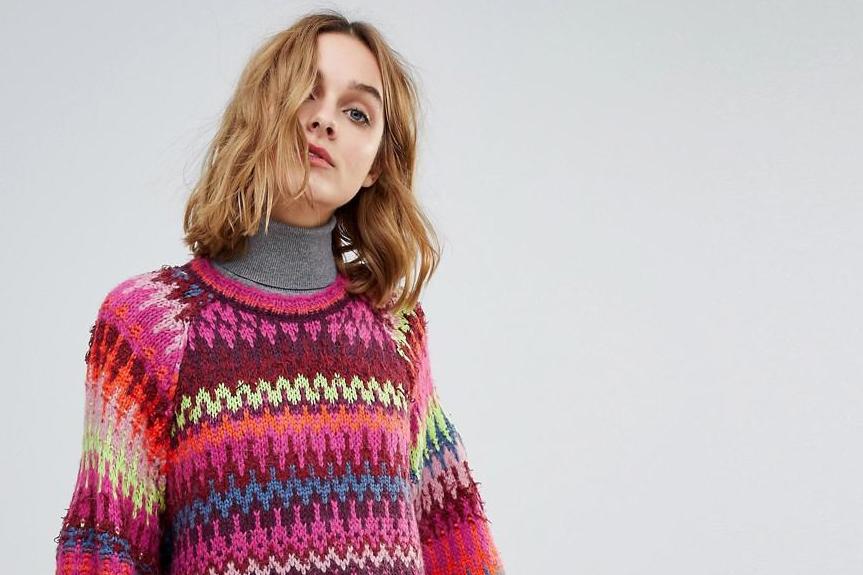Asos vows to ban feathers, mohair, silk and cashmere from site
The fashion brand has updated its animal welfare policy for third party products

Your support helps us to tell the story
From reproductive rights to climate change to Big Tech, The Independent is on the ground when the story is developing. Whether it's investigating the financials of Elon Musk's pro-Trump PAC or producing our latest documentary, 'The A Word', which shines a light on the American women fighting for reproductive rights, we know how important it is to parse out the facts from the messaging.
At such a critical moment in US history, we need reporters on the ground. Your donation allows us to keep sending journalists to speak to both sides of the story.
The Independent is trusted by Americans across the entire political spectrum. And unlike many other quality news outlets, we choose not to lock Americans out of our reporting and analysis with paywalls. We believe quality journalism should be available to everyone, paid for by those who can afford it.
Your support makes all the difference.The fashion world has been taking great strides in recent times in the fight against animal cruelty.
In December 2017, London’s Old Spitalfields market announced that it would stop selling fur from 2018, and in February, designer Tom Ford confessed that his views on fur in fashion had changed since adopting a vegan lifestyle.
Now, fashion retailer Asos has also revealed plans to ban any product from the site that’s been made using feathers and down, mohair, silk, cashmere or bone, teeth or shell.
The ban, which will come into effect at the end of January 2019, comes after Asos stated that it would join more than 140 international retailers in their promise to stop selling products that have been manufactured using mohair.
Retailers including Topshop, H&M and Marks & Spencer had all vowed to no longer use mohair in an effort to become more conscious of animal welfare.
According to Peta, South Africa is the predominant source of mohair for the international fashion industry, with 50 per cent of the world's mohair coming from the region.
However, managing director of Mohair South Africa Deon Saayman has stated that the company has cooperated with the NSPCA in order to ensure that their manufacturing process is as ethical as possible.
“Peta applauds Asos for leading the charge for compassion in fashion,” says Yvonne Taylor, director of corporate projects at Peta.
“In response to Peta’s campaigns, consumers are changing the face of the industry by demanding that designers and retailers ditch animal-derived materials in favour of cruelty-free alternatives that look great without causing suffering.”
When contacted for comment, a spokesman for ASOS explained to The Independent that the retailer has updated its animal welfare policy for third party products in order to align with those of its own brands.
"Asos firmly believes it is not acceptable for animals to suffer in the name of fashion or cosmetics," its animal welfare policy reads on the website.
"Asos is committed to working with industry expert groups to support the ongoing research, development and implementation of animal welfare standards and transparency in the leather supply chain."
According to USAID (United States Agency for International Development), China is the largest producer of cashmere in the world, with Mongolia coming in second.
Many cashmere goats have their coats removed during winter to meet demand, as stated by Peta. This leaves them exposed to the cold and at greater risk of dying prematurely.
Furthermore, as many as 6,600 silkworms are killed in order to make just one kilogram of silk.
Asos has recently been praised for its stance on body positivity.
In March, a woman tweeted that the retailer had begun featuring models of various sizes modelling the same clothes.
“Omg I love Asos even more! Finally showing the same item on girls with different body types,” she wrote.
Join our commenting forum
Join thought-provoking conversations, follow other Independent readers and see their replies
Comments